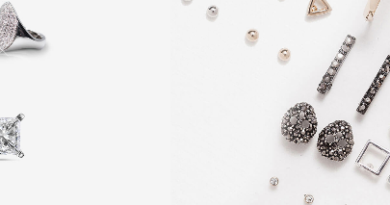How to choose the best water softener for your house
Hard water can cause numerous issues around your home, from spots on dish sets and a film on shower ways to pipes issues and wasteful activity of water-utilizing apparatuses.
Hard water is essentially water that is wealthy in minerals, for example, calcium, magnesium carbonate, and manganese. In the meantime, If you find that cleanser like soap or shampoo doesn’t foam well, dishes have stubborn spots, the bathtub has a ring, clothing looks soiled, and your coffee maker has scale stores, your home most probably has a hard water issue.The average cost of a walk in tub resource is generally between $2,000 to $5,000
How to solve Hard Water problems?
Hard water occurs from aquifers and other underground sources that gather broke down minerals from shake, especially magnesium carbonate, calcium, and manganese. These minerals give water unfortunate qualities that, on the whole, are named “hardness.” The seriousness of hardness is estimated by grains per gallon or by parts per million of mineral.
Introducing a water softener or conditioner can help. A water softener or conditioner evacuates the calcium and magnesium particles that make water hard by supplanting them with salt/sodium employing particle trade.
According to a wide margin, the most well known and ordinarily utilized kind of entire house water softener is a particle trade or “Ion trade” unit, yet two or three different advancements are additionally accessible. The accompanying types will clarify the distinctions. You can read more about buying water softener here.
- Salt-based Ion Exchange Water Softener
This sort of water softener spins family water through two tanks: one with uncommon sap globules and the other loaded up with salt water. It deals with the standard of particle trade, relaxing hard water by substituting sodium (salt) for hard minerals, for example, calcium, magnesium, and iron. The global accord is that this kind of water treatment is superior to no water conditioner by any means, however not as successful as healthy water ageing.
- Salt-Free Water Softener
This kind of unit might be a superior alternative for individuals who are worried about salt admission. This sort of water conditioner is a descale. It doesn’t diminish the hard water minerals yet instead keeps minerals from being stored as a scale to the surfaces of water-utilizing machines and pipes. A sans salt water softener recovers with a potassium-chloride salt substitute instead of sodium. The general agreement is that this sort of water treatment is superior to no water conditioner by any stretch of the imagination, however not as viable as ordinary water relaxing.
- Dual-Tank Water Softener
At a certain point, When a water softener is reviving, it is intended to separate from the water framework, so it is fundamentally out for the count. Thus, the recovery cycle is typically set to happen during the evening. Whenever mellowed water is required amid the recovery cycle, this can be hazardous. With a double tank unit, when one tank is being used, the other is recovering. Subsequently, mollified water is being provided ceaselessly, with no break in administration. What’s more, because these units work on interest, they can be estimated littler than single-tank units.
Best Size to Buy a Water Softener
A water softener is sold in a few sizes, each appraised by the number of grains of hardness they can expel from water between recoveries. The thought is to get a unit that will go at any rate three days between revives. In a perfect world, the water conditioner can likewise deal with times of more significant than-typical water use.




